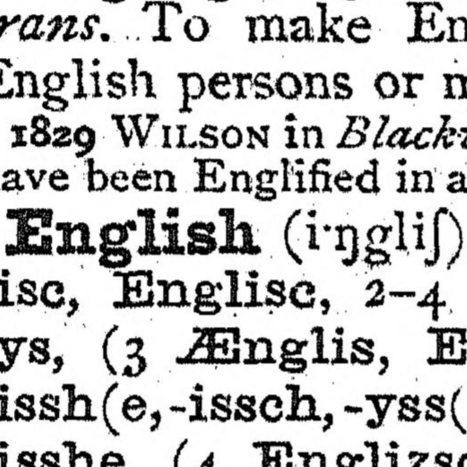You know when something can be either “or” or “and?” You may also say it is “and” and or “or”; “or” and/or “and,” if you will. That’s the inclusive or!
The Latin “vel” is a word for the inclusive or. I also just learned that the logic symbol, ∨, is called “vel” and is used for something called “disjunction” as opposed to “exclusive disjunction (⊻),” which is simply the exclusive or, which is the regular or in English.
Apparently the legal term “vel non” uses this word to mean “or not,” which means there’s at least a chance of it making it out of the courtroom and into the common lingo like quid pro quo, de jure, and de facto, did.


“Xor” is exclusive, which means it is one, the other, but not both. In logic, an inclusive disjunction would be “or.” The problem is people don’t use xor and or; the use of just “or” makes things difficult to understand sometimes.
I understand that xor is the exclusive or. That means that or is indeed the inclusive or.
We already have the inclusive or, people just don’t use it properly. The beauty of language is that we can append inclusive or exclusive to make it clear.
And not neither. False xor false == false